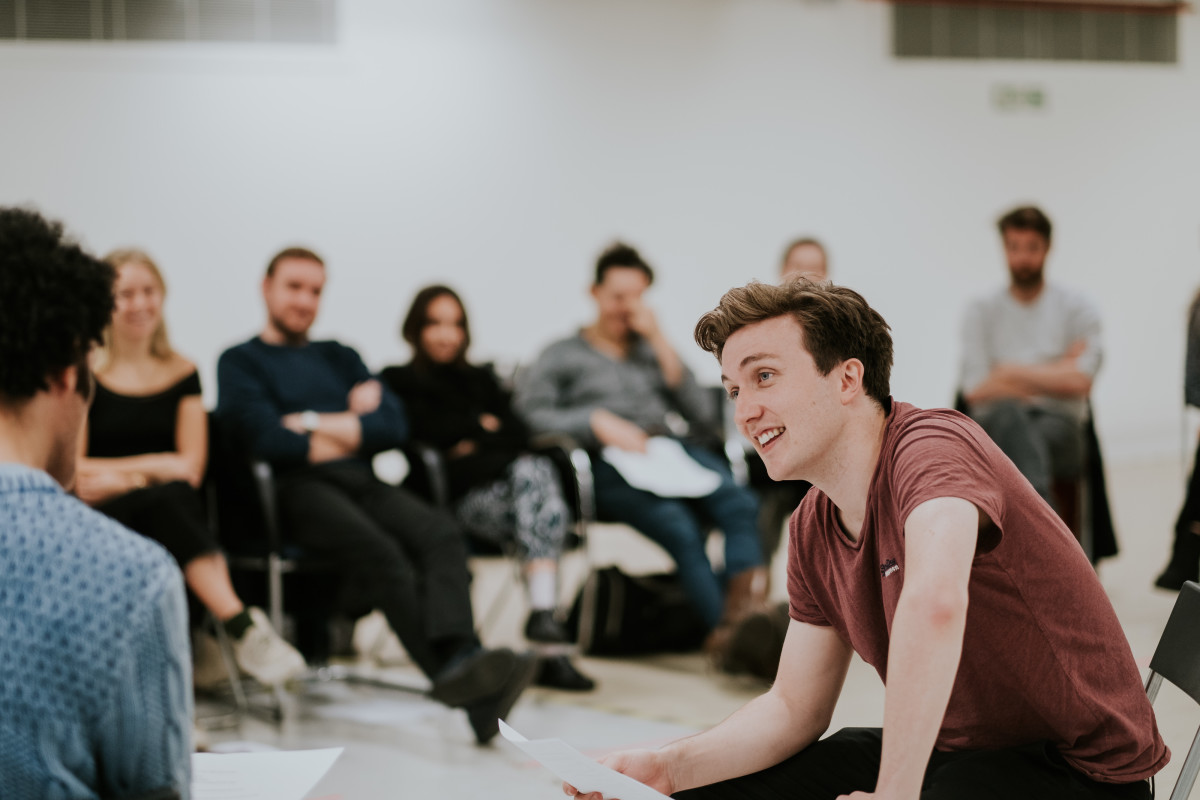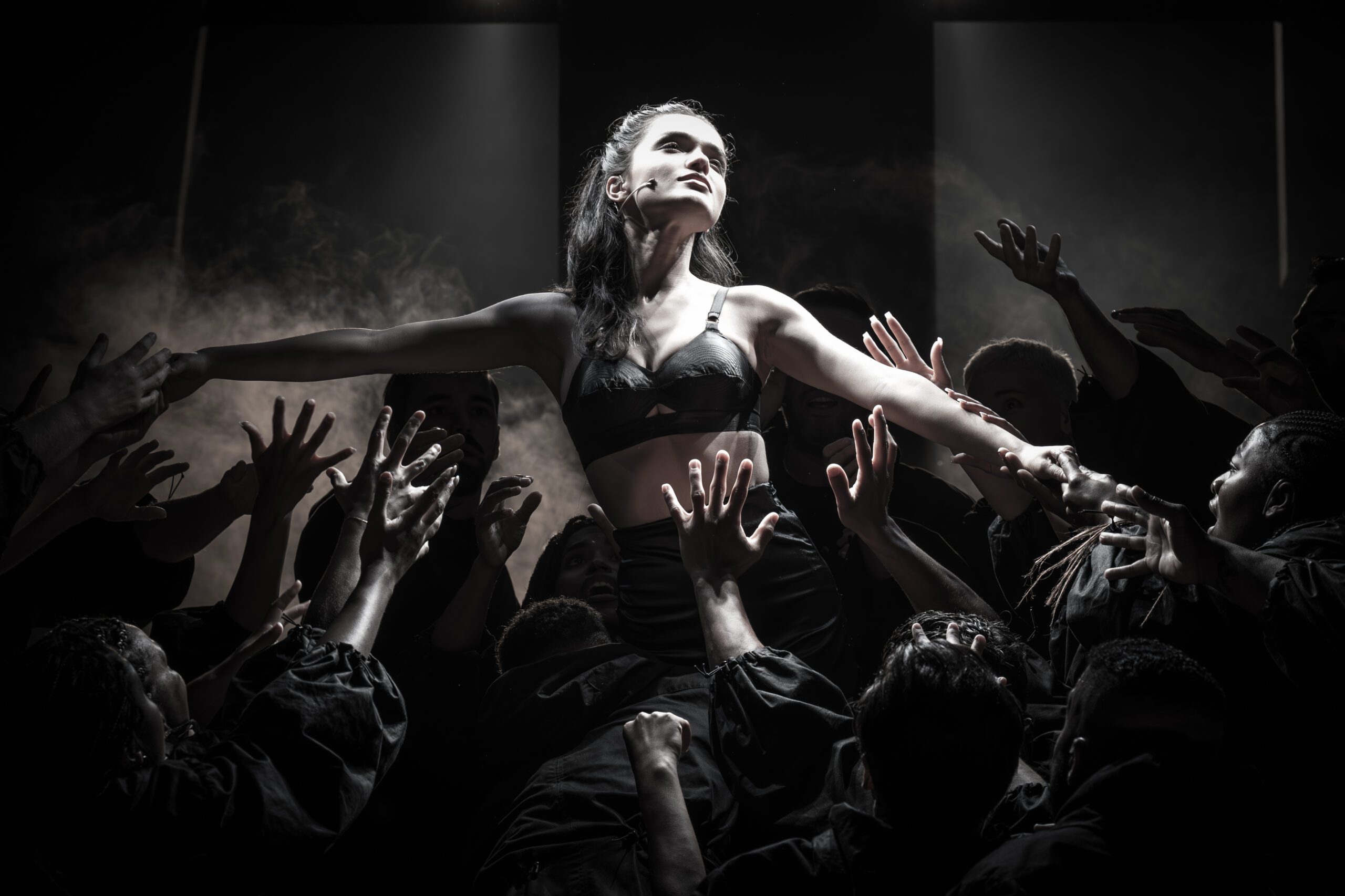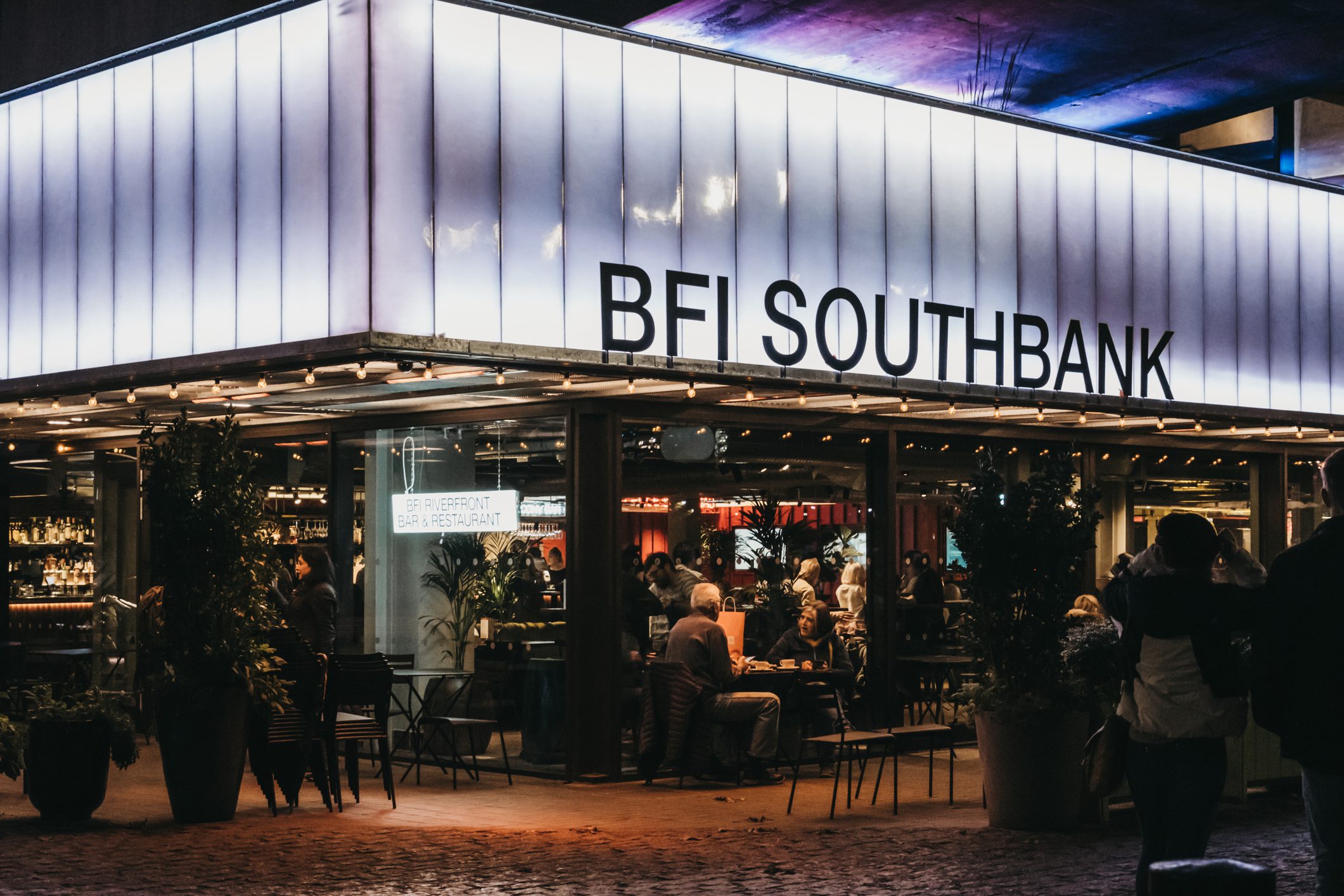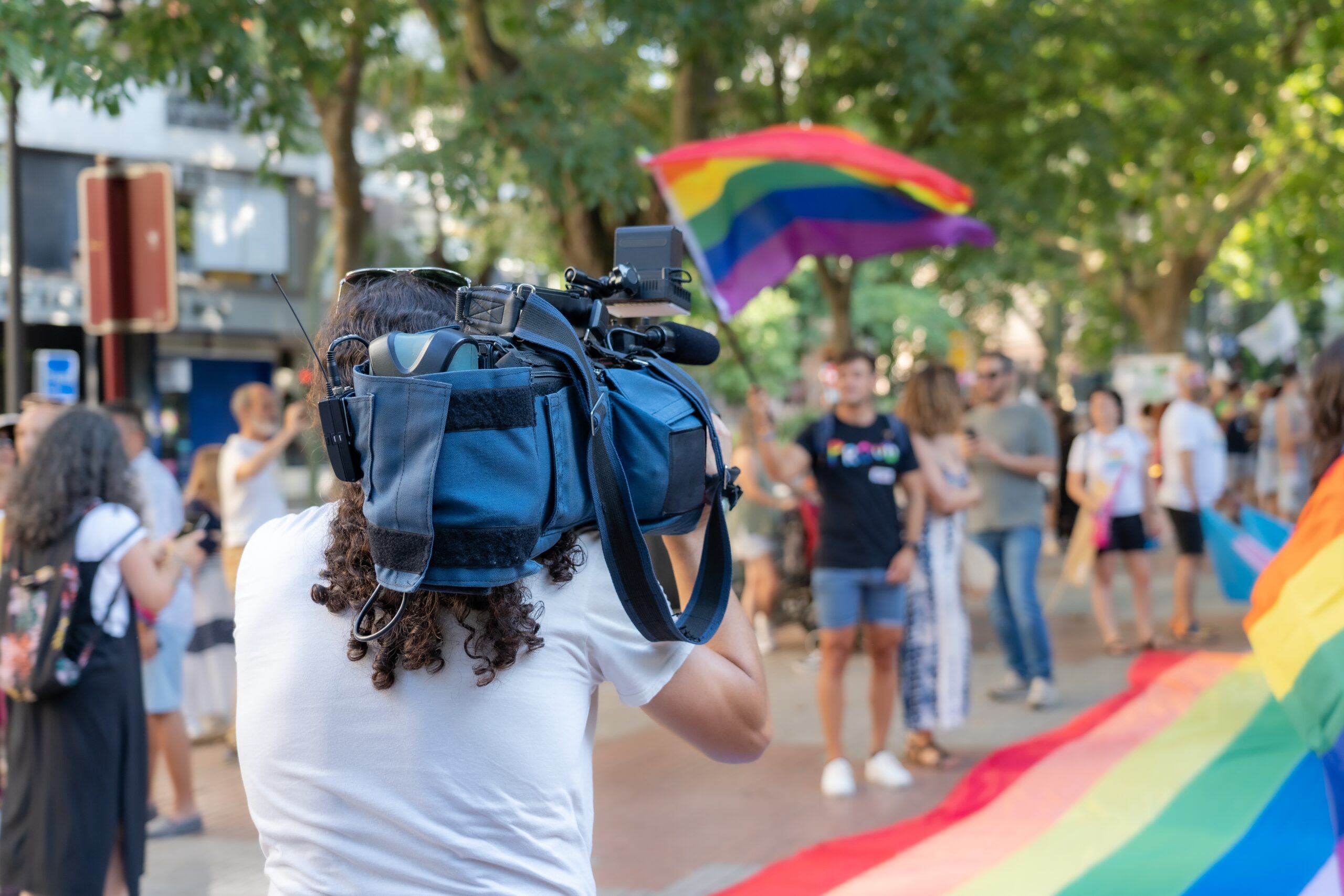What does ‘accessibility’ mean for theatre-making today? James Grieve and Charlotte Walton talk to us about how Paines Plough integrate accessibility into their production ethos and the Roundabout venue. Scottish theatre-maker Robert Softley Gale of Birds of Paradise talks to us about what accessibility really means, and how access can be integrated into a script.
With thanks to Paines Plough, Traverse Theatre and Robert Softley Gale for helping us create this video.
James Grieve: We wanted to create a really inclusive, open, welcoming space. I think theatre architecture can sometimes be a real barrier to attendance – certainly amongst young people, I think, sometimes even the façade can be imposing and intimidating.
Charlotte Walton: A lot of traditional theatre spaces find accessibility difficult. So, we wanted to make sure that everything we do with roundabout is tailored to as many people as possible. We have multiple wheelchair spaces available in Roundabout and we have as many captioned performances available as the venues would like. Also, things like allowing guide dogs, allowing babes in arms, anything we can do to allow people to come to the theatre where they might before have hesitated, we will try our best to try to accommodate….
Robert Softley Gale: If you think and remember that making any bit of theatre is about making an idea accessible – I’ve got this idea in my head and in my head it’s accessible to no one but me. So, I think put it out into the world, and try to make it accessible. I try to make it so that you come and watch something, and you can understand what I think of [an idea], or whatever it is…
Birds of Paradise has been going for about 25 years; it came out from the City of Culture in Glasgow in 1990, where a group of disabled adults got together and decided they wanted opportunities to create theatre and performance.
We integrate audio description into scripts so that the whole audience gets a flavour of the audio description – we do that in a way that is quite comedic. So, it’s not getting in the way, it’s making it funnier for the audience…
Theatre is all about limits – it’s all about what you can do within those limits. That’s something that makes it exciting – for access it is the same thing.



















